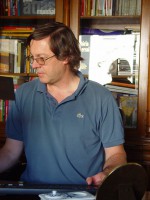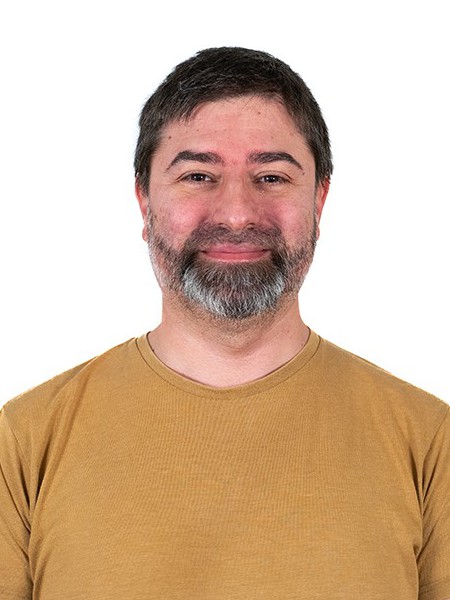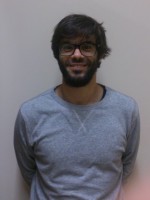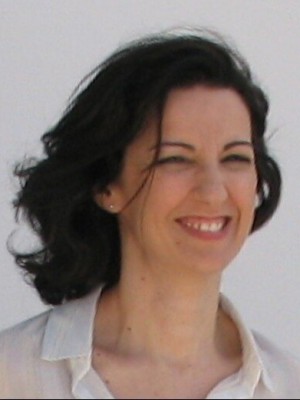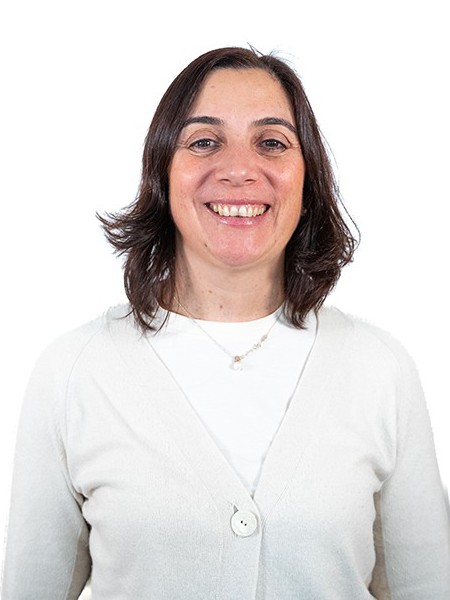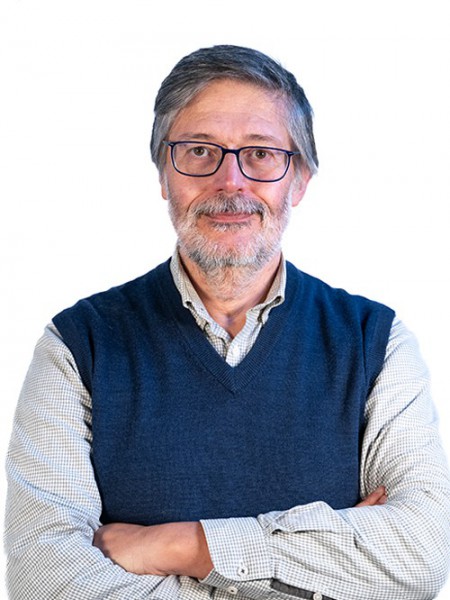abstract
A calcium phosphate (CaP)-based scaffold used as synthetic bone grafts, which smartly combines precise dimensions, controlled porosity and therapeutic functions, presents benefits beyond those offered by conventional practices, although its fabrication is still a challenge. The sintering step normally required to improve the strength of the ceramic scaffolds precludes the addition of any biomolecules or functional particles before this stage. This study presents a proof of concept of multifunctional CaP-based scaffolds, fabricated by additive manufacturing from an innovative ink composition, with potential for bone regeneration, cancer treatment by local magnetic hyperthermia and drug delivery platforms. Highly loaded inks comprising iron-doped hydroxyapatite and beta-tricalcium phosphate powders suspended in a chitosan-based solution, in the presence of levofloxacin (LEV) as model drug and magnetic nanoparticles (MNP), were developed. The sintering step was removed from the production process, and the integrity of the printed scaffolds was assured by the polymerization capacity of the ink composite, using genipin as a crosslinking agent. The effects of MNP and LEV on the inks' rheological properties, as well as on the mechanical and structural behaviour of non-doped and iron-doped scaffolds, were evaluated. Magnetic and magneto-thermal response, drug delivery and biological performance, such as cell proliferation in the absence and presence of an applied magnetic field, were also assessed. The addition of a constant amount of MNP in the iron-doped and non-doped CaP-based inks enhances their magnetic response and induction heating, with these effects more pronounced for the iron-doped CaP-based ink. These results suggest a synergistic effect between the iron-doped CaP-based powders and the MNP due to ferro/ferrimagnetic interactions. Furthermore, the iron presence enhances human mesenchymal stem cell metabolic activity and proliferation.
keywords
PHOSPHATE SCAFFOLDS; DRUG-DELIVERY; HYPERTHERMIA; IRON; NANOPARTICLES; FE; REGENERATION; FABRICATION; PROTEINS; THERAPY
subject category
Engineering, Biomedical; Materials Science, Biomaterials
authors
Rodrigues, AFM; Torres, PMC; Barros, MJS; Presa, R; Ribeiro, N; Abrantes, JCC; Belo, JH; Amaral, JS; Amaral, VS; Banobre-Lopez, M; Bettencourt, A; Sousa, A; Olhero, SM
our authors
Groups
G2 - Photonic, Electronic and Magnetic Materials
G3 - Electrochemical Materials, Interfaces and Coatings
G5 - Biomimetic, Biological and Living Materials
Projects
CICECO - Aveiro Institute of Materials (UIDB/50011/2020)
CICECO - Aveiro Institute of Materials (UIDP/50011/2020)
Projeto de Investigação Exploratória: João Amaral (IF/01089/2015)
acknowledgements
This work is funded by FEDER funds through the COMPETE 2020 Programme and National Funds through FCT-Portuguese Foundation for Science and Technology under the project 2BBone with reference POCI-01-0145-FEDER-029940. The project CICECO-Aveiro Institute of Materials, UIDB/50011/2020 & UIDP/50011/2020, financed by national funds through the FCT/MEC and when appropriate co-financed by FEDER under the PT2020 Partnership Agreement, is also acknowledged. J H Belo thanks FCT for Grant Nos. SFRH/BD/88440/2012, Project PTDC/FISMAC/31302/2017, and his Contract No. DL57/2016 (reference SFRH-BPD-87430/2012). J S A acknowledges FCT IF/01089/2015 grant. A Bettencourt acknowledges FCT for the financial support under iMED.ULisboa project Pest-UID/DTP/04138/2019. M B-L acknowledges FCT for the support, under the scope of the project PT-DZ/0004/2015, as well as the 2014-2020 INTERREG Cooperation Programme Spain-Portugal (POCTEP) through the project 0624-2IQBIONEURO-6-E. A Sousa's contract is financed in the framework of the project 'Institute for Research and Innovation in Health Sciences' (POCI-01-0145-FEDER-007274). The authors also acknowledge the support of the Bioimaging i3S Scientific Platform (Portuguese Platform of Bioimaging (PPBI) -PPBI-POCI-01-0145-FEDER-022122). P M C Torres and S M Olhero acknowledge FCT for CEECIND/01891/2017 and CEECIND/03393/2017 contracts, respectively.


